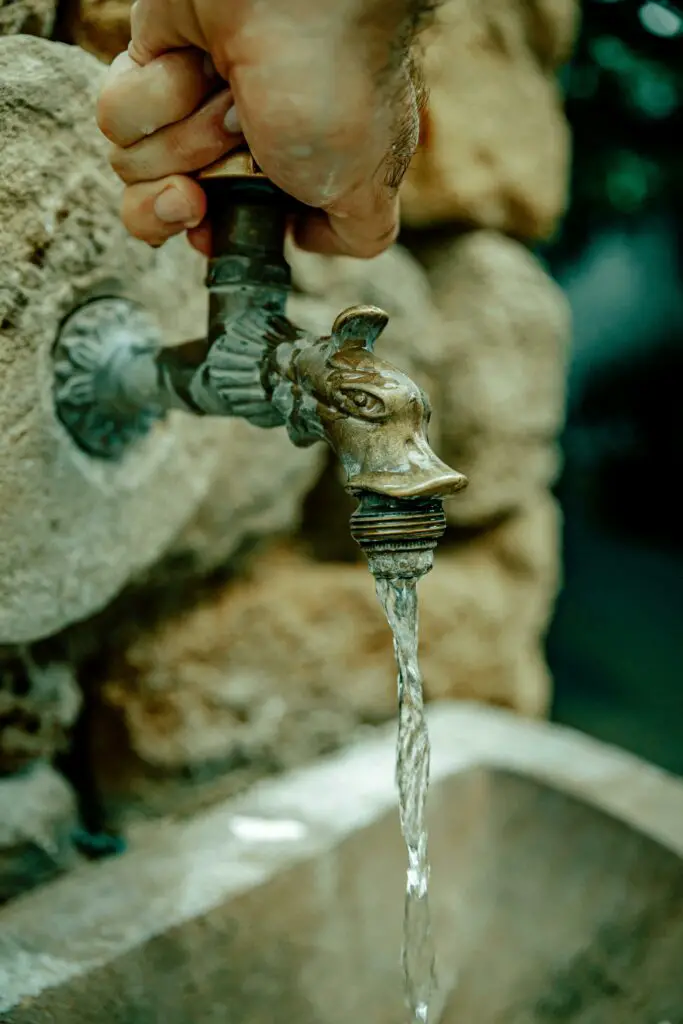Investing in affordable property might seem like a smart move, but have you considered the hidden costs? One such cost that many overlook is rubbish removal, especially for properties that were formerly deceased estates.
In dealing with a deceased estate removal, unexpected waste management challenges may pop up. It’s not just about tidying up; it’s about safely and legally disposing of waste, which can add up quickly.
This post will guide you through understanding these hidden costs. Making you aware of potential pitfalls you may confront when buying affordable property, helping to safeguard your investment in the long run.
The Problem of Rubbish Removal in Affordable Properties
When you invest in affordable properties, rubbish removal often emerges as an unexpected cost. It’s essential to consider these factors for a comprehensive budget.
Regardless of the property’s price, maintaining cleanliness is crucial. Failing to manage trash can lead to sanitation issues, diminishing its appeal and value.
- Unexpected removal charges: Depending on your location, waste disposal could come with significant fees you did not anticipate.
- Sanitation service costs: Regular rubbish collection services may increase your monthly maintenance expenses.
- Debris from repairs: Maintainance or renovations might produce additional waste, adding to the regular trash removal cost.
- Penalties for non-compliance: Leaving trash unattended could result in penalties from local authorities or homeowner associations.
If you are considering investing in affordable properties, Citylab’s research suggests paying attention to rubbish removal costs.
The process is tedious and sometimes complicated, but neglecting it can decrease your property’s potential return on investment.
Your budget must reflect these expenses. Proper planning ensures you won’t be caught off guard by hidden costs and helps maintain your property’s overall appeal.
The Different Types of Rubbish
Identifying the kind of rubbish is your first step in effective waste management. You have to distinguish between residential, commercial, and construction waste.
Residential Waste
Residential waste is generated at your home. This category includes food wrappers, newspapers, bottles, used food containers, grass clippings, and more.
The cost to remove this type of waste varies based on the weight and volume. Some items might require specialized disposal methods.
Commercial Waste
Commercial rubbish includes waste produced by businesses and enterprises. Paper waste, like documents and packaging materials, make up a significant portion of this.
The trash removal costs can be costly for businesses as they generate larger volumes of waste and frequent collection schedules may be needed.
Construction Waste
This includes materials generated from construction activities—plasterboard, bricks, tiles, glass and more. They require specific methods for safe disposal.
The removal process of construction debris can be expensive due to heavy weight and large volumes.
The Hidden Costs in Rubbish Removal
You might believe that rubbish removal at your property is an easy task. After all, it’s just getting rid of unwanted stuff, right?
Unfortunately, there’s more to it than meets the eye. Various hidden costs can quickly make this seemingly simple job a financial drain.
The moment you start with rubbish removal, costs may significantly increase without careful planning and consideration.
You need facts to make informed budgeting and minimize surprises down the line; let’s delve deeper into these potential expenses.
In addition to base rates for rubbish removal services, factors such as landfill taxes or specific types of waste may add to your end cost.
Hence, always seek complete clarity and transparency about extra costs before confirming a service to avoid obscure headaches later.
Beyond understanding costs, strategizing for efficient rubbish removal can also save valuable time and effort in your quest for an affordable property.
Importance of Efficient Rubbish Removal
Efficient rubbish removal is integral to maintaining a well-kept property. Neglecting this aspect can lead to unpleasant odors, vermin issues, and even potential health hazards.
Your property’s value could significantly decrease if waste management isn’t addressed promptly. Moreover, unattended rubbish can eventually cause structural damage to your building.
- Reduced Property Value: Accumulated waste decreases the overall appeal and perceived value of your property. Regular junk removal is therefore necessary to maintain its worth.
- Health Risks: More than an eyesore, irresponsible waste disposal brings health risks such as infections, illnesses or even a proliferation of pests.
- Maintenance Costs: Regular rubbish cleanup saves you from the expensive reparations that could result from accumulated trash and prolonged negligence.
- Social Responsibility: Your level of social responsibility increases as you employ proper waste management strategies on your property. This shows respect for the environment and your community.
Incorporate responsible waste disposal practices, not just for ethical reasons but for significant economic advantages as well. For further tips check this Forbes article.
Never underestimate the importance of rubbish removal when considering the total costs associated with owning a property. Timely attention can prevent hidden expenses.
Solution: The Role of Junk Dealers
You might be thinking, “What do junk dealers have to do with property costs?” Surprisingly, they play a significant role in keeping properties affordable.
Reducing Disposal Expense
Businesses dealing with junk help lower the costs associated with rubbish removal. They professionally carry out garbage collection, efficiently reducing households’ waste management expenses.
Promoting Recycling
These enterprises also champion recycling! By transforming your garbage into reusable materials, they contribute positively to environmental sustainability and combat escalating waste issues.
Property Value Maintenance
Junk dealers indirectly maintain your home’s value. A cleaner town boosts property prices, reflecting positively on your investment over time. Therefore, their role is crucial.
Offering Convenient Services
They also offer convenient services. These companies remove your rubbish without requiring your direct involvement, allowing you more time to focus on other matters.
Lessening Costs with Recycling Practices
Recycling is a cost-effective method to reduce rubbish removal expenses. It not only promotes a cleaner environment but also saves your hard-earned money.
Efficient Recycling Habits
You can adopt efficient recycling practices to lessen waste. Segregate your waste into recyclable and non-recyclable for easy and effective rubbish removal.
Recycling programs often reward for reducing waste. It turns your trash into cash, presenting an innovative route to cost saving through rubbish removal.
Smart Shopping Choices
Thoughtful shopping can help in waste reduction. Choose items with minimal packaging or those made from recycled materials, reducing the cost of rubbish removal.
Sustainable Living
Embrace sustainable living and contribute to a lesser need for rubbish removal. Fewer unwanted items equate to less trash, less collection, and lesser costs.
The bottom line is simple: Effective recycling practices hold the key to lessening costs associated with rubbish removal while fostering an eco-friendly lifestyle.
Solution: Roll-Off Container Rental for Large Scale Disposal
When you’re dealing with large amounts of waste, regular rubbish removal can be costly. A cost-effective solution could be renting a roll-off container.
Efficient Waste Disposal
A roll-off container offers you the convenience of collecting and disposing a large amount of waste in one location.
Cost Savings and Versatility
Renting a roll-off container can cut down costs as you’ll only pay for the space you use. Plus, it’s flexible for all types of waste.
Environmental Responsibility
Most importantly, it’s an environment-friendly choice. Reputable companies will dispose of waste responsibly, preventing negative impacts on the planet.
Your Rubbish Solution
Don’t let rubbish removal costs hinder you. By understanding the different types and adopting efficient practices such as recycling or contacting junk dealers, you can transform this hidden cost to a manageable one. Start a smart trash management today.














